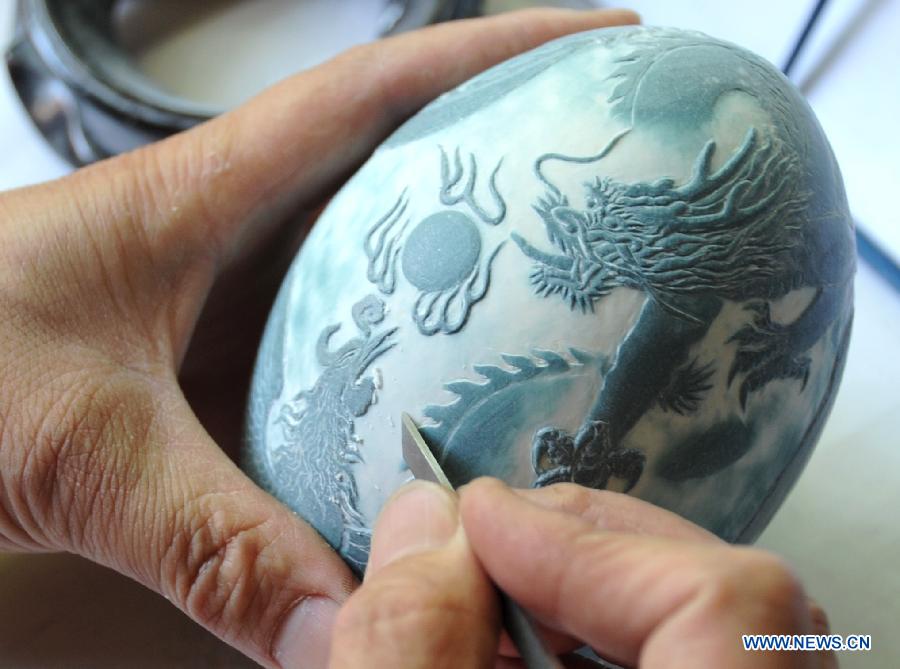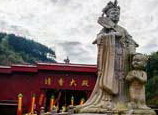
Liu Qian, deputy director of China Service at the Economist Intelligence Unit, a think tank under the Economist Group, said: "It seems unlikely we will see manufacturing production pick up this year."
Tighter financing and concerns about property price bubbles have slowed investment in the manufacturing sector, and it remains unlikely that policymakers will loosen monetary policy in the short term, Liu added.
Qu said he expected the government to focus on reforms rather than stimulating growth.
As reform measures have a limited impact in the short term, HSBC is expecting slightly weaker growth in the second quarter, Qu said.
HSBC lowered its annual GDP prediction for 2013 on Wednesday to 7.4 percent from its previous 8.2 percent.
According to the National Bureau of Statistics, industry output, fixed-asset investment and cross-border trade all weakened in May.
The NBS is expected to announce official PMI figures on July 1.
In the first three months of the year, GDP growth slowed to 7.7 percent from 7.9 percent in the fourth quarter of 2012.
Louis Kuijs, chief economist in China with RBS PLC, said: "Policymakers would want to see this weakness confirmed by the official PMI and other hard activity data before taking any bold decisions".
He added that the slower growth data will test the government's resolve to maintain its current macro policy stance.
The State Council has called for financial reform "in an orderly way" to better serve the country's economic restructuring, while maintaining a prudent monetary policy.
Kuijs said that policymakers were likely to be able to maintain that line "as long as economic growth is expected to stay above 7 percent and the labor market holds up reasonably well".
"The People's Bank of China's policy stance amid the current tightness of liquidity on interbank markets is in line with that paradigm."

















 A hemophiliac and his 'treasures'
A hemophiliac and his 'treasures'


![]()
